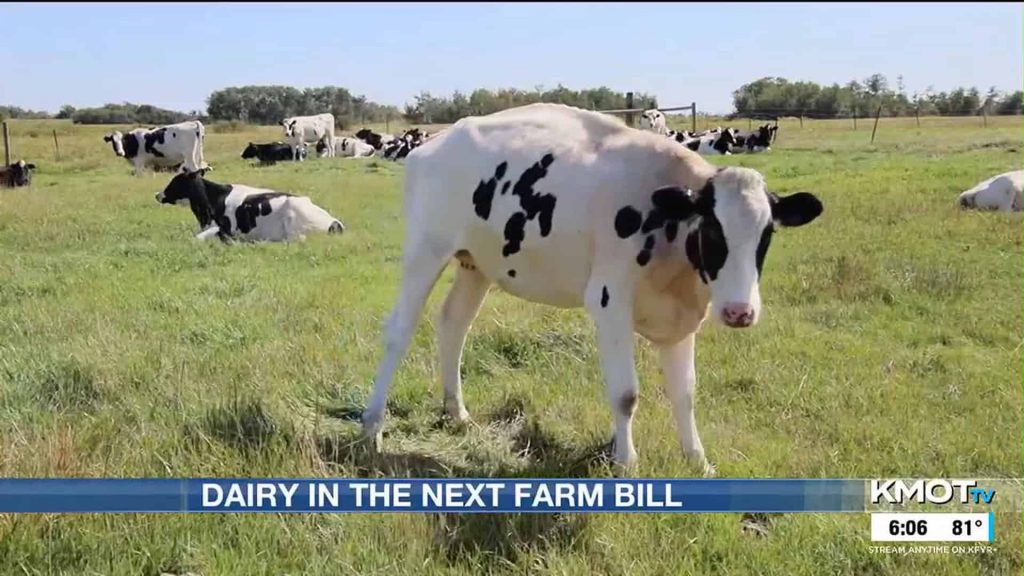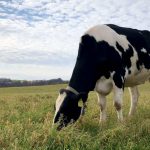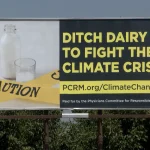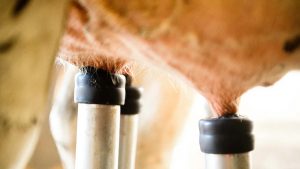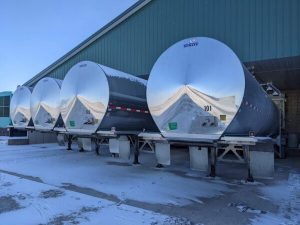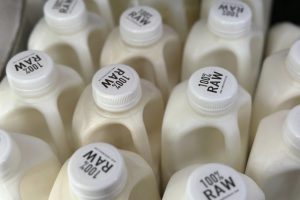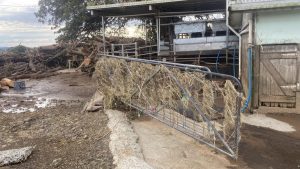
A portion of the 2018 Farm Bill will expire at the end of September and the other portion, which includes dairy, expires on December 31.
There may be consequences if there’s no extension or rewriting of new policies in place.
Jonas Heyl has been producing for the dairy industry since 2007 in this small-scale operation. He said they milk about 300 cows a day to have between 15,000 to 20,000 pounds of milk a day.
“It takes a lot to feed the world,” said Heyl.
He said most farmers, dairy or otherwise, take out loans to pay for input costs associated with their operation every year.
Paul Bleiberg, executive vice president of government relations for the National Milk Producers Federation, said if there’s no renewal or extension of the current bill, farmers lose major safety nets.
“You’ll have dairy margin coverage expire, which is not good, but the other thing that will happen is the 1949 Farm Bill is what kicks in,” said Bleiberg.
Apart from farmers losing margin coverage, he said it could also result in the price of milk skyrocketing for consumers.
“Our inputs went up, but the cost of our goods that we’re getting paid for has gone down,” said Heyl.
Bleiberg said the dairy margin coverage program isn’t perfect and they’re continuing to adjust.
“In the 2018 Farm Bill, we essentially rewrote the rewrite of dairy policy we tried to do in 2014, and so this go around, we’re not in that situation. We have a program that’s working better,” said Bleiberg.
Congress has passed extensions for previous Farm Bills in 2008 and 2013.
